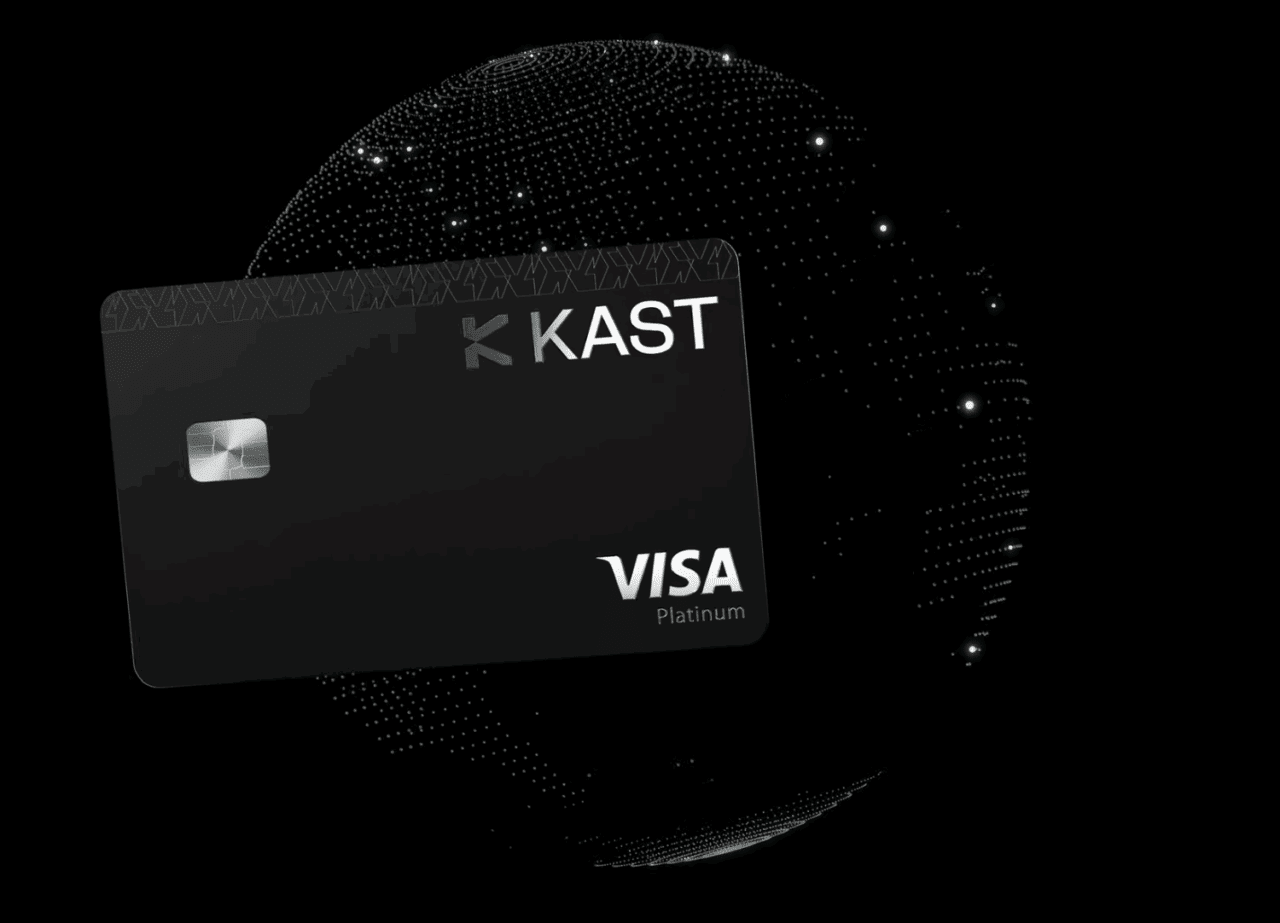
- Mambu is expanding its payments hub globally, launching in new markets across EMEA, Latin America, and Asia Pacific.
- The global move comes in response to growing demand from banks and fintechs operating across multiple payment schemes and jurisdictions.
- Mambu’s API-first payments hub extends the company’s composable core banking offering to help institutions modernize and scale payments alongside lending and deposits.
Cloud banking platform Mambu is expanding its payments hub into new global markets this year, with plans to launch in additional markets in EMEA, Latin America, and Asia Pacific.
Mambu said demand from global banks and fintechs operating across multiple payment schemes and jurisdictions drove this week’s expansion.
Mambu was founded in 2011 and emerged as one of the pioneering players to move banking software to the cloud. The company’s composable banking approach offers a plug-and-play approach to core banking that helps firms shift away from legacy platforms and build to scale.
As payments become a more central part of Mambu’s long-term platform strategy, the company is positioning its payments hub as a natural extension of its core banking business. “For years, Mambu’s core banking platform has long been the engine behind hundreds of the world’s most innovative financial players. Payments are now a cornerstone of our strategy as we help institutions navigate the industry’s growing complexity,” said Mambu VP of EMEA Leon Stevens. “We are poised to help modernize core infrastructure and accelerate innovation across the entire banking stack—from lending and deposits to payments and beyond.”
Launched in 2025 and fueled by the acquisition of payment gateway company and Finovate alum Numeral, Mambu’s payments hub aims to help firms modernize their entire payments stack with an API-first payments hub. With native straight-through processing, orchestration, liquidity, reconciliation, fully-managed connectivity to local and global payment schemes, and composable payment workflows, Mambu’s payments hub facilitates a faster, lower cost approach that can easily be scaled.
From an execution standpoint, Mambu sees growing complexity across global payment ecosystems as a key driver behind the expansion. “Payments are becoming more global and more local, more interconnected and more fragmented, and now move in real-time,” said Mambu VP Payments Edouard Mandon. “This complexity makes scaling payments across multiple markets challenging. To solve this, we have expanded our payments hub to give institutions access to local schemes while maintaining a consistent integration and operational experience. This continues our investment in connectivity at scale, which increasingly includes next-generation rails, to deliver payment solutions truly built for the future.”
Since launching, Mambu’s payments hub processed seven times as many payments in 2025 than what it did in 2024 when it was under the Numeral brand. Also in the nine months since launch, the company added European and global financial institutions, including Western Union, BCB Group, Flowe, and Spendesk.
As payments become increasingly global, the subsector is becoming a strategic battleground for banks as they seek to grow and modernize their technology stacks, especially as payments mix real-time, legacy, and new payment rails across multiple regions. Offering the ability to standardize integration while natively embedding payments into its composable banking platform will ultimately help Mambu’s clients scale faster while limiting complexity.
Mambu plans to continue expanding connectivity to major payment rails worldwide in an effort to help banks support payment schemes through a single platform. The company notes that its geographical expansion marks the next phase of its international growth, especially as it further builds out global core banking and payments infrastructure.










